Learn why leading HR professionals trust ekincare! Explore Now
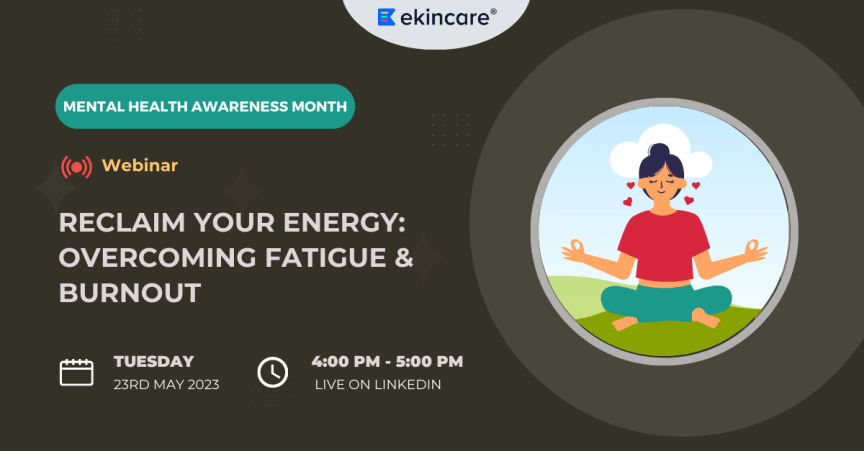
Stress is something that happens to you on a day-to-day basis and stress can have a negative impact on you. It causes you to worry, feel concerned, and be bothered nonstop. Mind you, stress can also be positive. It can lead to better performance, like when you're stressed about an exam and it motivates you to study more and perform better. But stress can also be negative when it affects you to the point that you can't focus or study due to nervousness. It's important for you to recognize the difference between positive stress (eustress) and negative stress (distress) and how to manage them.
Burnout is when you experience emotional, mental, and physical exhaustion due to prolonged or repeated stress in your life. Let me give you an example. Imagine you're driving a car and you're running low on fuel, but you keep driving anyway. What do you think will happen? Eventually, the fuel will run out, and you'll either have an accident, the car will break down, or something else will go wrong.
The same concept applies to your body. You need to take breaks and recharge yourself, just like you charge your phone multiple times a day because you use it regularly. In your day-to-day life, you also need to recharge and refill yourself. Otherwise, if you keep running on low battery nonstop, you'll start feeling deviated, frustrated, annoyed, and even experience a nervous breakdown. It's crucial to understand how burnout can affect you.
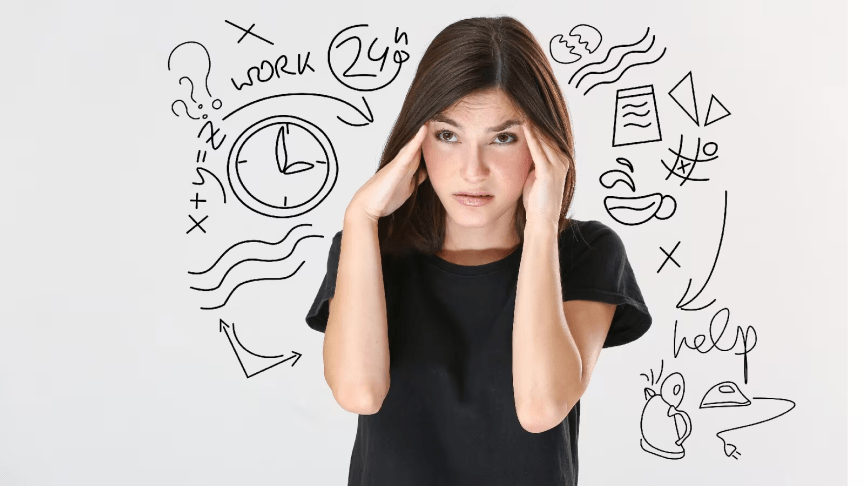
Stress affects you in three ways: physically, behaviorally, and cognitively. In terms of physical symptoms, stress can manifest as headaches, muscle pain, extreme fatigue, and sleep problems. On the behavioral side, you may find yourself overeating, binge eating, experiencing angry outbursts, relying on substances like cigarettes or alcohol, socially withdrawing, and feeling less energetic or motivated to connect with others. Stress also has cognitive effects. You may feel overwhelmed by small things, have difficulty concentrating or remembering, experience depression or extreme sadness without being able to pinpoint the cause, and constantly worry or feel anxious.
Let's discuss the psychological impact of COVID-19. During lockdown, many people experienced psychological distress due to the blurred boundaries between work and family life. The anxiety levels were high, with people feeling depressed and lonely due to the lack of face-to-face social interaction. Transitioning back to the office after working from home became challenging for some individuals because they had adapted to the new normal. It's important to observe these psychological impacts and reach out for help if needed.
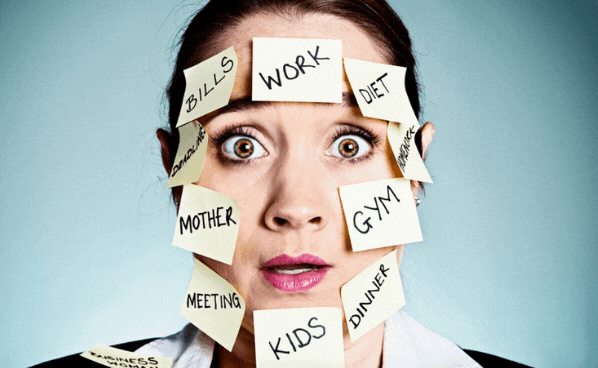
Next, let's talk about parental burnout. This occurs when you constantly focus on your children's needs, becoming hyper-alert and responsive to their demands. It's easy to neglect your own needs and well-being in the process, especially during lockdown when you had to juggle multiple roles and responsibilities. Parental burnout can strain your relationship with your partner and lead to tensions, arguments, and resentment. It's crucial to establish boundaries, create time for yourself, and communicate your needs to your children, showing them that you also require space and self-care.
Similarly, caregiver burnout can occur when you consistently provide physical, emotional, or social support to others, neglecting your own health and well-being. This often happens when you care for children, people with disabilities, or those with chronic illnesses. The mental health issues and stress that come with caregiving can make it even more challenging for you in the long run.
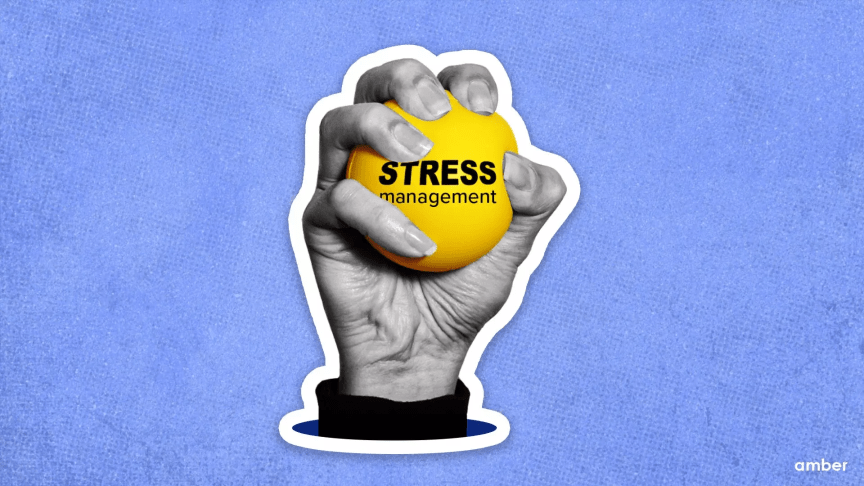
It's important to recognize the signs of burnout, such as feeling weak, physically and mentally exhausted, easily frustrated or irritated, forgetful, and having a loss of motivation or interest in things you once enjoyed. If you notice these signs, it's crucial to take action and prioritize self-care.
Remember, taking care of yourself is not selfish; it's necessary. You deserve to have balance in your life and to prioritize your well-being. Don't hesitate to seek support from friends, family, or professionals if you're feeling overwhelmed. Implementing self-care strategies, setting boundaries, and seeking help when needed can help you prevent and overcome burnout.
You have the power to take control of your well-being and create a healthier, more balanced life. Start by acknowledging the importance of self-care and make it a priority. Take small steps each day to recharge, set boundaries, and seek support when necessary. You deserve to thrive and live a fulfilling life, free from the grip of burnout.
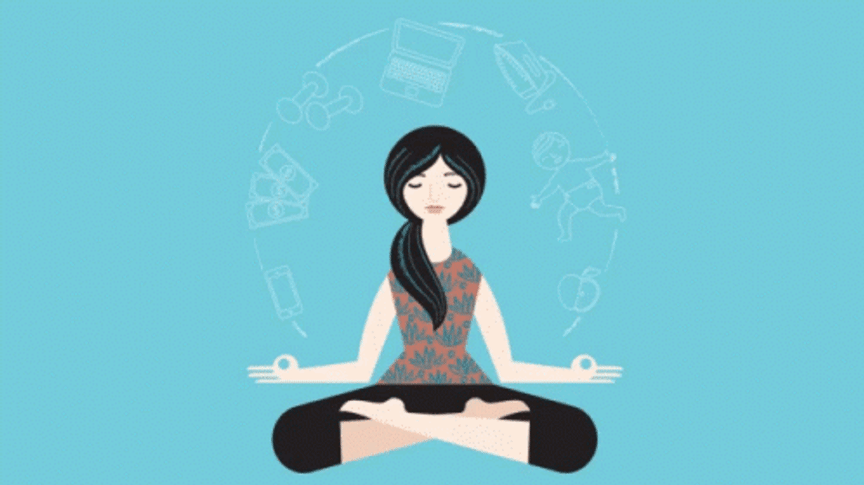
Do you often find yourself overwhelmed and constantly distracted by the thoughts running through your mind? It's time to take small breaks and create a more organized list of tasks to bring some order and calmness. Most of the thoughts that flood our minds are not important, but we end up fixating on them, losing touch with the present moment. The constant stream of YouTube videos and dopamine rushes disrupt our sleep and keep us from being present. Take a moment to sit down and embrace boredom, reducing our dependence on constant dopamine hits.
Engaging in creative activities can bring a sense of satisfaction and inspiration. Consider reading a book, exploring gardening, or trying coloring and doodling. Expressing emotions is important too. Learn to be assertive and set boundaries, saying no when necessary. Surround yourself with uplifting and supportive people who boost your confidence and focus on your own well-being. Spiritual practices, such as meditation or being part of a community, can also help increase self-esteem and self-confidence.
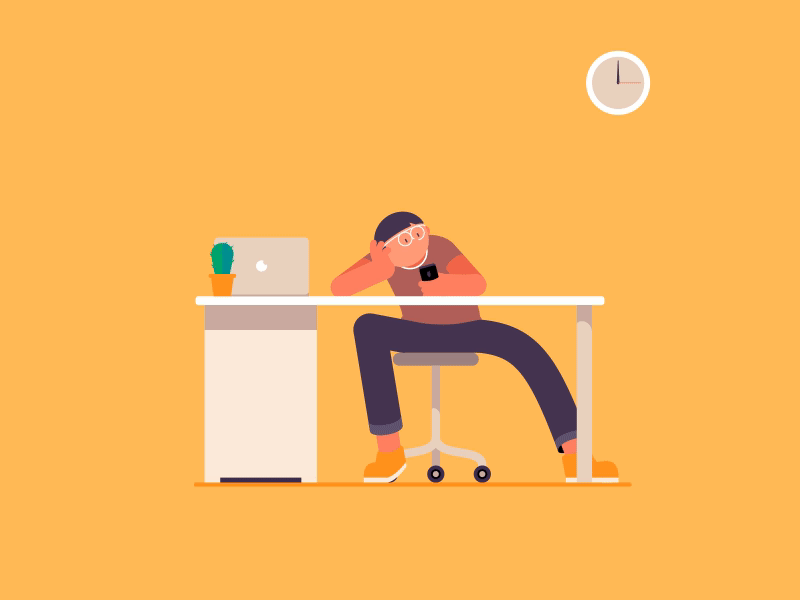
To unwind, take time for yourself and engage in activities like traveling or simply sitting and enjoying the view. Balancing stress and approaching situations with a more mature and solution-oriented mindset is essential. Mindfulness and meditation can aid in achieving a state of calmness and help manage intense emotions. Consider seeking professional support if needed, as therapists can provide guidance, clarity, and support. Remember, confidentiality and respect are key when discussing personal matters with professionals.
In conclusion, take care of yourself by creating an action plan. Focus on areas where you feel lacking or need improvement. Prioritize physical and mental well-being, make healthier food choices, and consider the long-term effects of your actions. Shift your mindset from dwelling on problems to seeking solutions. Practice mindfulness and consider seeking professional help when necessary. Remember to support others in seeking help and maintain confidentiality.
Learn how your organisation can get the best employee health and well-being experience with ekincare`s commitment to quality.